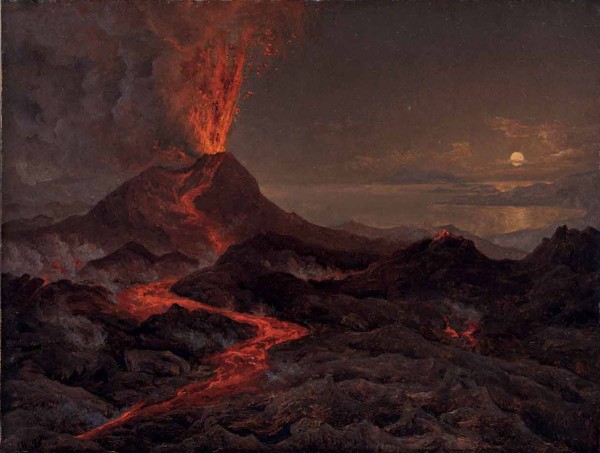The Faustian nature of the West
What has killed the West is not so much the threats against it, but the joylessness of life. There is no seeking of pleasure, only of power. This is the nature of mob rule, which seems to happen any time a group succeeds and can thus subsidize the weaker among them, who then become the strong as they form mobs questing for “justice.”
When people ask, “What went wrong?” the answer is simple: Nothing. Or rather, we walked into a trap at a time when our best were depleted by repelling Mongol invasions and the black plague. Civilization fails once it seems to offer support to people, because then they can conveniently blame it for their own failings; it has, after all, assumed responsibility for them on some level and as a result, they will assume none of their own.
As people bloviate on Twitter and in mass media about “white privilege,” we should ask ourselves why Europe — a tiny area with a forbidding climate and low natural resources — thrived where others did not. Some of the answer can be found in methods, such as agriculture, rule of law, hygiene and learning. But the core of it is in our Faustian spirit.
For most of humanity, looking at the world promotes distress. Everyone dies and everything fades; constant waves of aggression from nature and time erode and ablate all good things and leave behind decay. The tendency is to become “butthurt,” in the internet slang, and do the least possible, compensating ourselves with small rewards like alcohol, sex, drugs and wealth. Indeed, the third world exists under this principle: do not struggle against but accept the inevitable, and do the best you can to find sensual pleasure instead, if even only in meditation or other religious experience.
And yet, the West threw out this playbook. Instead, our principle was rage: warfare against the disorder, against the disheveled nature of the undisciplined human intellect, and aggression against things being out of order, with our eyes set not toward the pragmatic but the ideal. The key difference between that ideal and our present ideology is that the former ideal was not human in nature, but transcending of individuality, and striving for civilization as an organic entity which reached great heights of discipline, learning, art and technology.
Alas, this is not an inclusive order. It rewards the best, and those who can restrict their impulses for delayed gratification, and this meant that not everyone was important. Most people had no social power because they had done nothing of importance. They formed large mobs to retaliate against this with the idea that everyone was important without having done anything noteworthy, and since that time, life here has been joyless.
We now know where we took a wrong turn on the road of history. We now know why we live in joyless times where surrogates like money and power take the place of well-being. The only question is whether we can get over ourselves, and admit that equality is slavery — and thus, that we are not important simply for being alive. Do our spirits still have the strength to let go of the convenient, and aspire to greatness?
Tags: crowdism, democracy, faustian, liberalism










